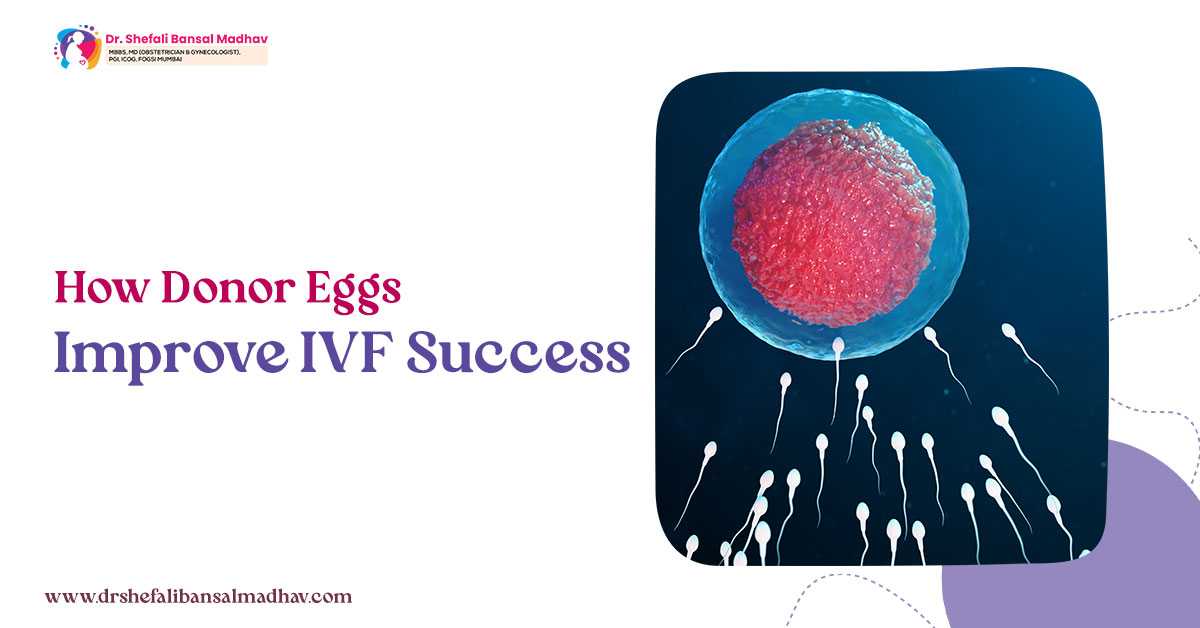When couples dream of starting a family, the hope and excitement can be overwhelming. But when challenges arise, especially around fertility, the journey can feel emotional and uncertain. This is where understanding and compassion truly matter. If you are beginning this path and looking for guidance, speaking with an experienced IVF doctor in Siliguri or near you can help you gain clarity and support; however, before any medical steps, the first and most important step often begins at home: talking openly with your partner.
Male infertility is far more common than people realize, and it does not define masculinity, strength, or worth. It is simply a medical condition that can be diagnosed and treated. However, the emotional weight that comes with it can make conversations feel sensitive and delicate. The goal is not to assign blame, but to strengthen your connection, communicate openly, and move through this journey together as a team.
Why does this topic feel hard to talk about?
Many men grow up believing that expressing vulnerability is a sign of weakness. So when infertility comes into the picture, emotions like guilt, shame, or fear may surface. He may wonder if this affects his identity, his role as a partner, or the future he imagined. These feelings can be deeply internal, and he may not know how to express them. Meanwhile, the partner wanting to discuss it might feel nervous about accidentally causing hurt.
This is why patience and warmth are essential. The goal is not to assign blame or find fault; it's to walk through the experience together, side by side.
Choosing the right time to talk
The environment and timing matter. Don’t try to force the conversation during stressful or rushed moments. Instead, choose a calm, relaxed time where both of you can be emotionally present. Something as simple as sitting together in a quiet room or taking a gentle evening walk can make the conversation feel less confrontational and more natural.
You might begin by saying:
"I want us to talk about our journey with having a baby. I care about us, and I want us to go through everything together."
This opening expresses love, partnership, and togetherness rather than fear or accusation.
Build trust through gentle communication
The way you phrase things can either open or close emotional doors. Avoid language that places pressure or implies fault. Instead, speak from your heart and use "we" more than "you."
For example:
-
Not: “You are the reason we are struggling.”
-
But: “We are facing a fertility challenge together, and I want us to support each other through it.”
This small shift in wording helps protect emotional safety. It reminds both of you that you are a team, not opponents.
Let him share his feelings at his own pace
Once you open the conversation, pause and give him time to respond. He may speak immediately, stay quiet, or withdraw to process. All of these reactions are normal. What matters most is that he feels safe, not judged, not rushed.
You could gently ask:
“How are you feeling about everything?”
“What’s been going through your mind lately?”
“What can I do to support you better?”
And listen, truly listen. Not to fix, but to understand. Silence is also part of communication. Sitting together, holding hands, or simply being near each other can say more than words sometimes.
Learn About Male Infertility Together
Understanding the medical side can make the emotional side easier. When both partners learn what male infertility means, what tests are involved, what lifestyle changes support improvement, and what treatment options exist, the situation becomes less frightening. Knowledge replaces uncertainty, and uncertainty is often where fear thrives.
Approach information as teammates. Read together. Ask doctors questions together. Attend consultations together. The moment you engage as a unit, the emotional weight feels lighter.
Encourage Healthy Lifestyle Changes With Support, Not Pressure
Sometimes, fertility specialists recommend changes like a nutritious diet, exercise, quitting smoking or alcohol, stress reduction, or supplements. Instead of directing these changes only at him, make them shared decisions.
Say: “We can do this together. Let’s support each other.”
This turns lifestyle changes into bonding rather than pressure.
Protect Your Relationship Along the Journey
Fertility challenges can slowly shift conversations, intimacy, and connection if not noticed. If every interaction becomes about treatment, results, and timelines, emotional closeness may fade. Protect your relationship intentionally.
-
Continue sharing hobbies.
-
Make time for fun or relaxation.
- Maintain affection beyond “baby-focused intimacy.”
- Let your relationship be more than your fertility journey
You began your relationship for love, not just for parenthood. That love needs to stay nurtured.
Know when emotional support can help
There may be moments when talking becomes hard or communication feels stuck. This doesn’t mean the relationship is weak; it means the situation is heavy. Professional emotional support, such as counseling or couples therapy, can help both partners express feelings clearly and navigate difficult emotions with guidance.
Support is not a sign of failure. It is a sign of care and commitment.
A partnership built on love, not pressure
Male infertility does not define the value of a relationship or the ability to build a family. What matters most is how partners support each other emotionally. When couples talk honestly, listen with patience, and move forward with mutual respect, the relationship grows stronger, even in uncertainty.
You can remind each other:
“We are together in this, and we will face every part of it side by side.”
Conclusion
Male infertility is not a measure of love, masculinity, or identity. It is a medical condition that many couples face, often silently. What matters most is not how quickly solutions appear, but how gently and loyally you hold each other while finding those solutions. It’s a journey that requires patience, understanding, and steady emotional support. When both partners stand together, the challenge becomes something you face side-by-side, not something that defines either of you.
For supportive and personalized fertility care, you may consider consulting Dr. Shefali Bansal Madhav in Siliguri.





